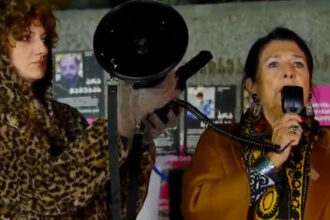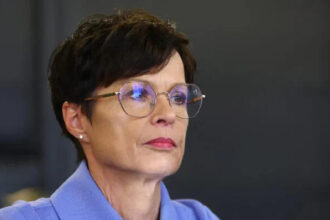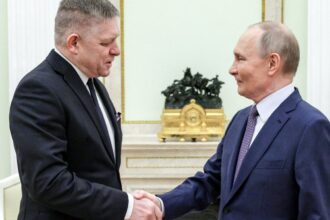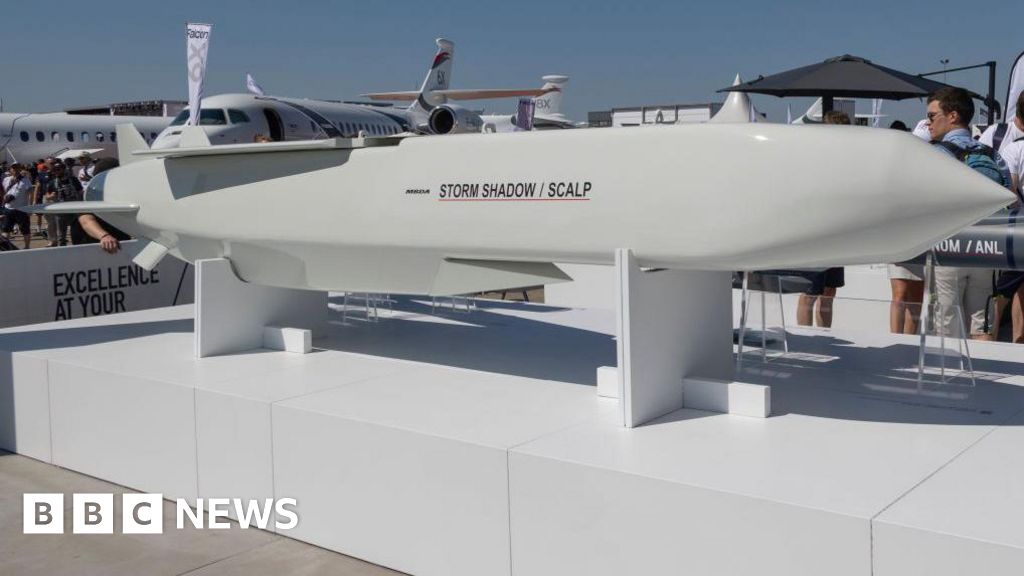**UK May Allow Ukraine to Use British Missiles in Russia**
The UK may now allow Ukraine to use its Storm Shadow missiles to hit targets inside Russia. This decision comes after the US gave permission for Ukraine to use American-made long-range missiles, known as ATACMS, to strike Russian targets.
Ukraine’s President Volodymyr Zelensky has been pushing for permission from Washington to use the powerful Army Tactical Missile System (ATACMS) to hit targets inside Russia. UK defence officials have also been seeking US approval for Kyiv to use Storm Shadow missiles provided by Britain to hit military targets inside Russia.
The change in policy means that Ukraine can now use Storm Shadow missiles with fewer restrictions, something they have been requesting for months. These missiles are designed to be launched from an aircraft and carry highly explosive warheads, making them ideal for penetrating Russian bunkers and ammunition stores.
However, there is concern that allowing Ukraine to use long-range missiles could provoke a major escalation in the conflict. Kremlin spokesman Dmitry Peskov warned that such a move would put Nato “at war” with Russia.
UK Defence Secretary John Healey has been trying to avoid public disagreement with Washington on this issue. When asked about it recently, he said that discussing it publicly would only help Russia.
**Experts Think UK Will Follow US Lead**
Professor Justin Bronk from the Royal United Services Institute thinks that the US decision to allow long-range strikes with ATACMS will also enable Storm Shadow missiles to be used in the same way. He believes that Russian threats are unlikely to be considered a significant deterrent at this stage, as they have made similar threats repeatedly throughout the war.
Bronk also said that expanding the usable area for UK Storm Shadow missiles may not make any difference to Ukraine’s ability to hit back at Russia. Most of the critical targets, such as fighter bombers on Russian air bases, are likely beyond the range of these missiles in practical terms.
Read More @ www.bbc.com




